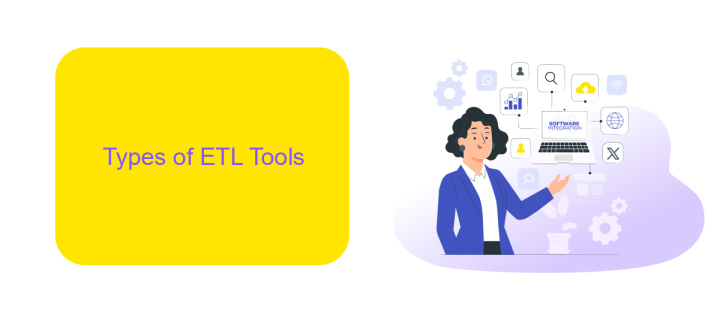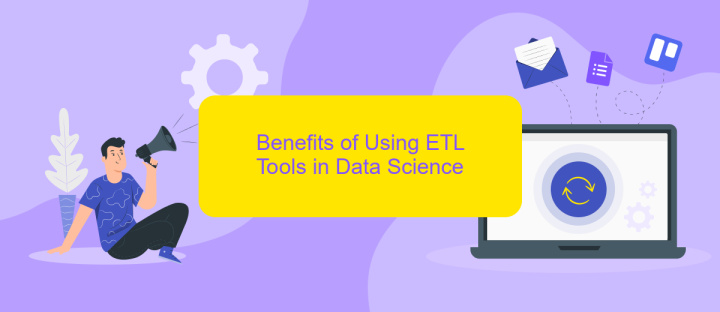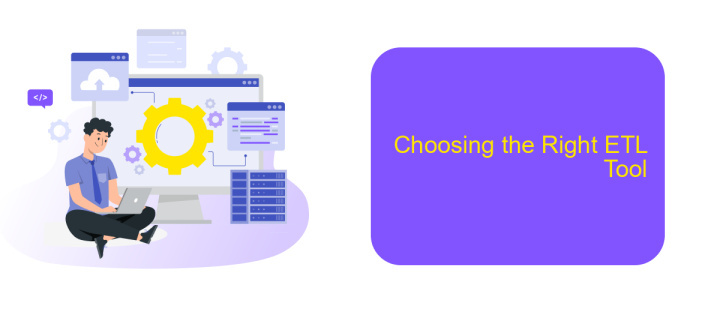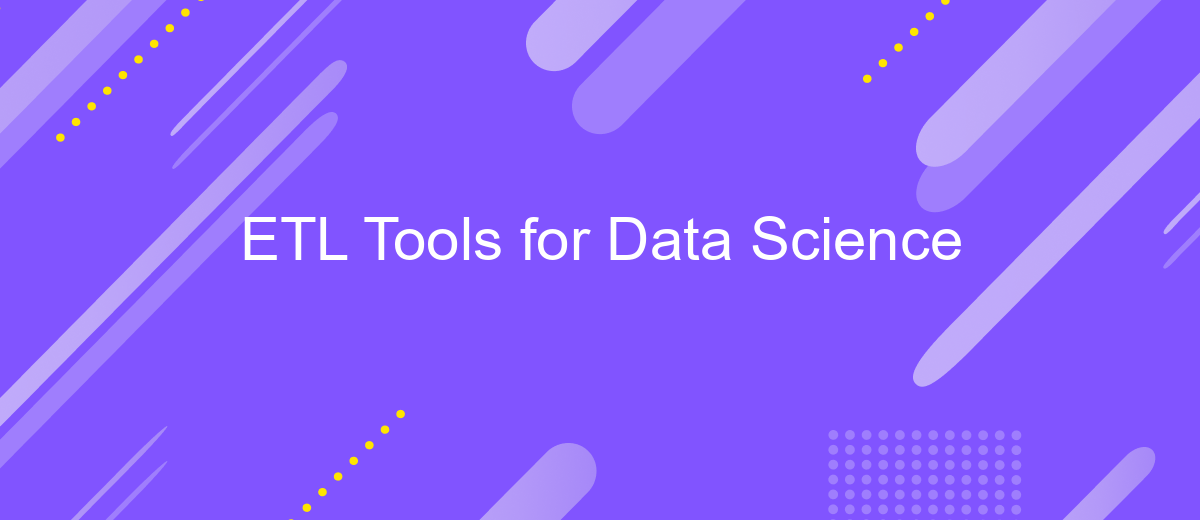ETL Tools for Data Science
ETL (Extract, Transform, Load) tools are essential for data scientists, providing the means to efficiently manage and manipulate vast amounts of data. These tools streamline the process of extracting data from various sources, transforming it into a usable format, and loading it into data warehouses. This article explores the top ETL tools that empower data scientists to derive actionable insights and drive data-driven decisions.
Introduction
In the realm of data science, ETL (Extract, Transform, Load) tools play a pivotal role in managing and processing vast amounts of data. These tools are essential for ensuring that data is clean, consistent, and ready for analysis. Whether you're dealing with structured or unstructured data, ETL tools help streamline the process, making it easier for data scientists to derive meaningful insights.
- Extract: Pulling data from various sources.
- Transform: Cleaning and organizing the data.
- Load: Importing the transformed data into a target system.
One of the key advantages of modern ETL tools is their ability to integrate seamlessly with various data sources and services. Tools like ApiX-Drive facilitate these integrations, allowing for automated data flows between different platforms. This not only saves time but also reduces the risk of errors, making the data preparation process more efficient and reliable.
Types of ETL Tools

ETL tools can be broadly categorized into open-source, commercial, and cloud-based solutions. Open-source ETL tools, such as Apache NiFi and Talend Open Studio, offer flexibility and are cost-effective options for organizations looking to customize their data pipelines. These tools often come with extensive community support and a wide range of plugins, making them suitable for diverse data integration needs.
Commercial ETL tools, like Informatica PowerCenter and Microsoft SQL Server Integration Services (SSIS), provide robust features, dedicated support, and extensive documentation. These tools are ideal for enterprises that require reliable and scalable data integration solutions. Cloud-based ETL tools, such as ApiX-Drive, offer seamless integration with various online services and platforms. ApiX-Drive, for instance, simplifies the process of setting up integrations, allowing users to automate data transfer between different systems without extensive technical knowledge. This makes cloud-based tools particularly appealing for businesses looking to streamline their data workflows with minimal overhead.
Benefits of Using ETL Tools in Data Science

ETL tools are essential in data science for streamlining the process of extracting, transforming, and loading data. They help in automating workflows, reducing manual effort, and ensuring data consistency and accuracy. These tools are particularly beneficial when dealing with large volumes of data from various sources.
- Efficiency: ETL tools automate repetitive tasks, saving time and reducing the risk of human error.
- Scalability: They can handle large datasets and complex transformations, making them suitable for growing data needs.
- Data Quality: Built-in validation and cleansing features ensure high-quality data for analysis.
- Integration: Tools like ApiX-Drive facilitate seamless integration with multiple data sources and platforms.
- Cost-Effective: By reducing manual labor and errors, ETL tools can lower operational costs.
Incorporating ETL tools into your data science workflow can greatly enhance productivity and data reliability. Services like ApiX-Drive offer robust integration options, simplifying the process of connecting diverse data sources. This allows data scientists to focus more on analysis and deriving insights, rather than on data preparation tasks.
Choosing the Right ETL Tool

Choosing the right ETL tool for your data science projects can significantly impact the efficiency and accuracy of your data processes. When evaluating ETL tools, consider factors such as ease of use, scalability, and integration capabilities.
Start by assessing your specific needs, including the volume of data you handle and the complexity of your data transformations. Additionally, consider whether the tool supports the data sources and destinations you work with, as well as its ability to automate workflows and handle real-time data processing.
- Ease of Use: Look for intuitive interfaces and user-friendly features.
- Scalability: Ensure the tool can grow with your data needs.
- Integration: Check compatibility with your existing data sources and destinations.
- Automation: Evaluate the tool's ability to automate and schedule ETL processes.
- Cost: Consider the pricing model and total cost of ownership.
For seamless integration, tools like ApiX-Drive can be invaluable. ApiX-Drive allows you to easily connect and automate data flows between various applications and services, enhancing your ETL processes. By carefully evaluating these factors, you can select an ETL tool that best fits your data science requirements.
- Automate the work of an online store or landing
- Empower through integration
- Don't spend money on programmers and integrators
- Save time by automating routine tasks
Conclusion
In conclusion, ETL tools play a pivotal role in the data science landscape by facilitating efficient data extraction, transformation, and loading processes. These tools enable data scientists to streamline workflows, ensuring that data is clean, well-structured, and ready for analysis. By leveraging ETL tools, organizations can significantly enhance their data processing capabilities, leading to more accurate insights and better decision-making.
Moreover, integrating ETL tools with services like ApiX-Drive can further optimize the data handling process. ApiX-Drive offers seamless integrations, allowing for automated data transfers between various applications and systems. This not only reduces manual effort but also minimizes the risk of errors, ensuring data integrity. As the demand for data-driven insights continues to grow, the importance of robust ETL tools and integration services like ApiX-Drive cannot be overstated.
FAQ
What is an ETL tool in the context of data science?
Why are ETL tools important for data science projects?
Can ETL tools handle real-time data processing?
How do ETL tools integrate with other data systems?
What are some best practices for using ETL tools in data science?
Apix-Drive will help optimize business processes, save you from a lot of routine tasks and unnecessary costs for automation, attracting additional specialists. Try setting up a free test connection with ApiX-Drive and see for yourself. Now you have to think about where to invest the freed time and money!


